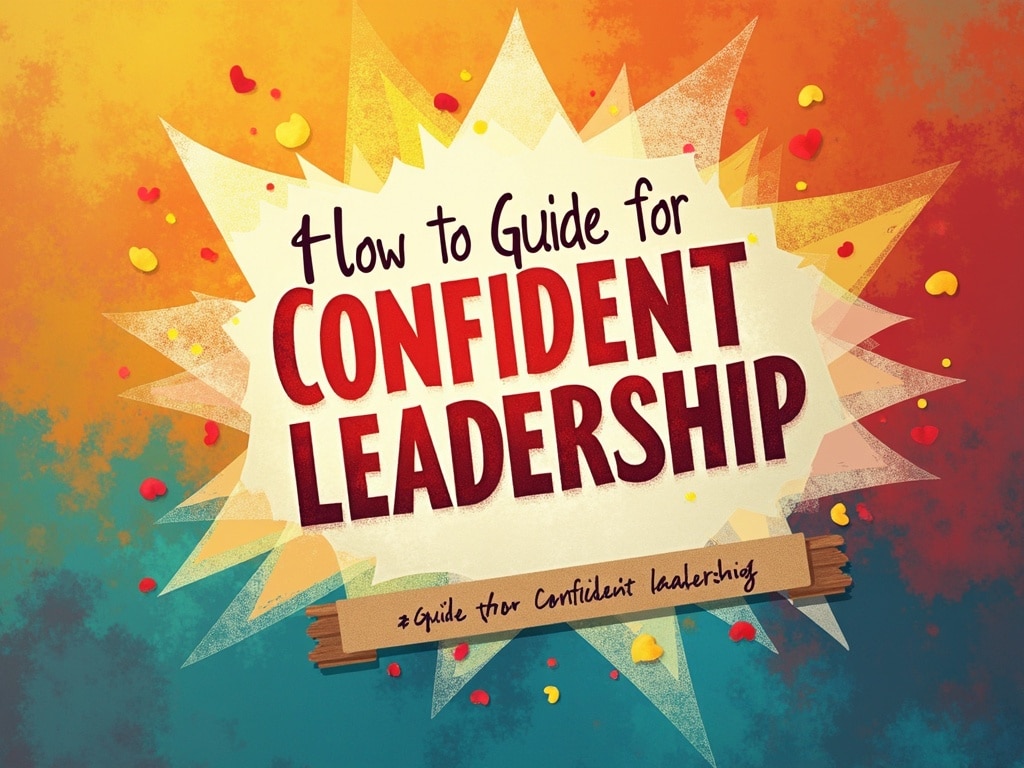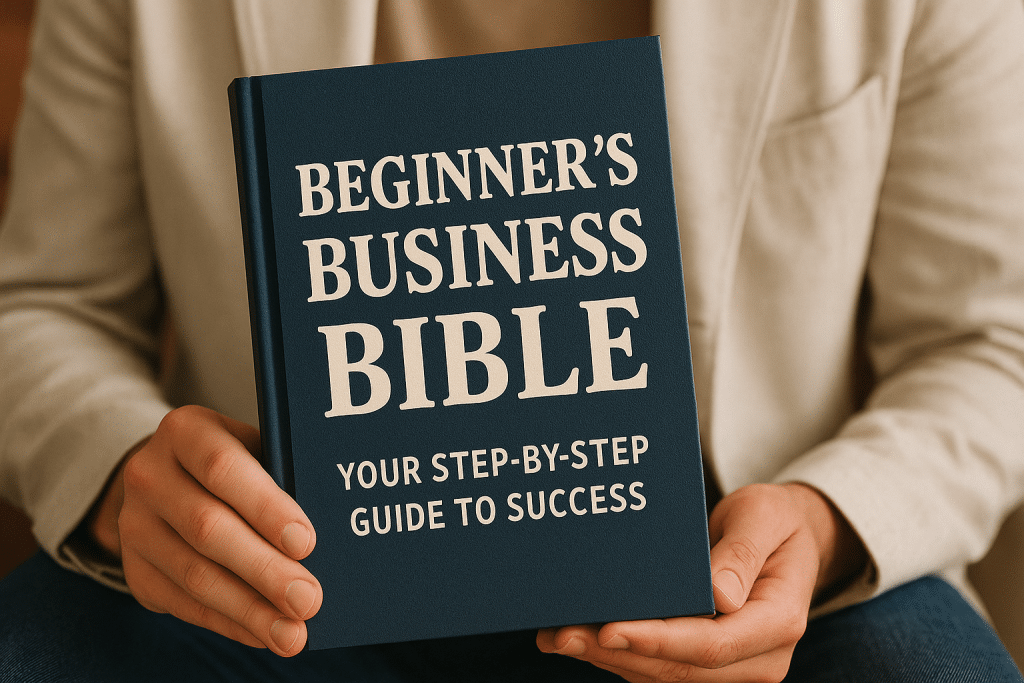How to Stop Second Guessing Your Business Decisions: A Guide for Confident Leadership
That familiar gnawing feeling… You've just made a critical business decision – maybe it's launching a new product, hiring a key employee, or investing in a new marketing strategy. But instead of the satisfying click of certainty, doubt creeps in. Did I make the right call? What if it all goes wrong? This relentless second-guessing can paralyze progress, erode confidence, and ultimately, stifle your business's potential. But it doesn't have to be this way. You can learn to trust your instincts, minimize regret, and move forward with decisive action.
Understanding the Roots of Second Guessing
Before we tackle solutions, let's unpack why second-guessing festers in the first place. It's rarely a sign of inherent incompetence; more often, it stems from a complex interplay of factors:
- Fear of Failure: This is perhaps the most potent driver. Nobody wants to fail, especially in business where the stakes often feel incredibly high.
- Information Overload: In today's data-saturated world, it's easy to get lost in a sea of conflicting information and opinions. This can make it difficult to discern what's truly important and cloud your judgment.
- Perfectionism: Striving for excellence is admirable, but perfectionism sets an impossible standard. If you believe every decision must be flawless, you're setting yourself up for constant self-criticism.
- Past Experiences: Previous mistakes can cast a long shadow. If you've made poor choices in the past, you might become overly cautious and hesitant to trust your gut.
- Lack of Confidence: This can be both a cause and effect of second-guessing. The more you question yourself, the more your confidence erodes, leading to a vicious cycle.
The Impact on Your Business
While a healthy dose of introspection is beneficial, chronic second-guessing can have dire consequences for your business:
- Paralysis by Analysis: Overthinking and indecision can prevent you from taking timely action, causing you to miss opportunities.
- Wasted Time and Resources: Endless deliberation consumes valuable time and energy that could be better spent on productive tasks.
- Eroded Team Morale: A leader who constantly questions their decisions can create uncertainty and anxiety among their team members.
- Missed Opportunities: Fear of making the wrong choice can lead you to pass up potentially lucrative ventures.
- Stunted Growth: Ultimately, second-guessing hinders your ability to take calculated risks and scale your business.
Strategies to Silence the Inner Critic
Now for the good news: you can learn to manage your second-guessing tendencies and cultivate a more confident, decisive mindset. Here are some evidence-based strategies to help you get started:
1. Define Your Decision-Making Framework
A clear framework provides structure and reduces the likelihood of impulsive decisions driven by emotion. This could involve defining specific criteria for evaluating options, setting timelines for decision-making, and identifying key stakeholders to consult.
Example: Before considering a new marketing channel, establish criteria like target audience reach, budget, ROI potential, and alignment with brand values. Score each potential channel against these criteria to make a fact-based comparison.
2. Gather Information Strategically
Avoid information overload by focusing on the most relevant data. Identify your key information needs and prioritize gathering information that directly addresses those needs. Filter out noise and resist the temptation to over-research.
Practical Tip: Set a time limit for your research. Once the time is up, make a decision based on the information you've gathered. This prevents you from getting bogged down in endless analysis.
3. Trust Your Gut…But Verify
Intuition plays a role in decision-making, especially for experienced entrepreneurs. While instinct shouldn't be the sole basis for your choices, it's important to acknowledge and consider your gut feeling. However, always validate your intuition with data and feedback.
How to Do It: If you have a strong feeling about a particular course of action, ask yourself why. What experiences or insights are informing that feeling? Then, seek out data or feedback to confirm or refute your intuition.
4. Embrace Imperfection and Learn from Mistakes
Accept that mistakes are inevitable and view them as learning opportunities. Instead of dwelling on what went wrong, focus on identifying the lessons learned and applying them to future decisions. This shift in perspective transforms failures into valuable growth experiences.
Reframing Exercise: When a decision doesn't pan out as expected, ask yourself: What did I learn from this experience? What would I do differently next time? How can I use this knowledge to improve future decision-making?
5. Practice Mindfulness and Manage Stress
Stress and anxiety can amplify second-guessing tendencies. Practicing mindfulness techniques, such as meditation or deep breathing, can help you calm your mind, reduce stress, and make more rational decisions. Regular exercise and adequate sleep are also crucial for managing stress and promoting clear thinking.
Quick Mindfulness Exercise: Take a few minutes each day to focus on your breath. Notice the sensation of the air entering and leaving your body. When your mind wanders, gently redirect your attention back to your breath.
6. Seek Feedback and Support
Don't isolate yourself. Share your concerns and seek feedback from trusted advisors, mentors, or peers. An outside perspective can often provide valuable insights and help you identify potential blind spots.
Important Note: Be selective about who you seek feedback from. Choose people who are knowledgeable, supportive, and objective. Avoid seeking advice from individuals who tend to be overly critical or negative.
7. Set Realistic Expectations
Avoid setting unrealistic expectations for yourself and your business. Understand that success takes time and effort, and that setbacks are a normal part of the journey. Celebrate small wins and focus on progress, not perfection.
Perspective Shift: Instead of focusing on where you *shouldbe, focus on how far you've come. Track your progress and acknowledge your achievements, no matter how small.
8. Document Your Decision-Making Process
Keep a record of the rationale behind your decisions. This will make it easier to review your thought process later and identify areas for improvement. It also provides a valuable reference point if you find yourself second-guessing your past choices.
Decision Journal Template: For each significant decision, document the following: the problem you were trying to solve, the different options you considered, the criteria you used to evaluate those options, your rationale for choosing a particular option, and the expected outcomes.
9. Build Your Confidence Through Action
The best way to overcome second-guessing is to take action and prove to yourself that you are capable of making sound decisions. Start with smaller, less risky decisions and gradually work your way up to more significant ones. Each successful decision will build your confidence and reduce your tendency to second-guess.
Start Small: Identify a small decision you've been putting off and make a commitment to make it today. The act of making a decision and seeing the positive outcome will give you a confidence boost.
10. Work with a Coach or Therapist
If you're struggling to overcome second-guessing on your own, consider working with a business coach or therapist. They can provide personalized guidance, support, and tools to help you develop a more confident and decisive mindset. They can also help explore any underlying anxieties or limiting beliefs that might be contributing to your second-guessing tendencies.
The Path to Decisive Leadership
Overcoming the habit of second-guessing your business decisions is not an overnight fix, but a journey of self-awareness, skill development, and consistent practice. By understanding the roots of your doubts, implementing practical strategies, and cultivating a more confident mindset, you can unlock your leadership potential and steer your business towards greater success. Remember, every confident decision you make, even with imperfect information, is a step forward. Trust yourself, trust the process, and watch your business thrive.





